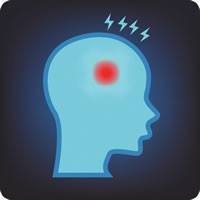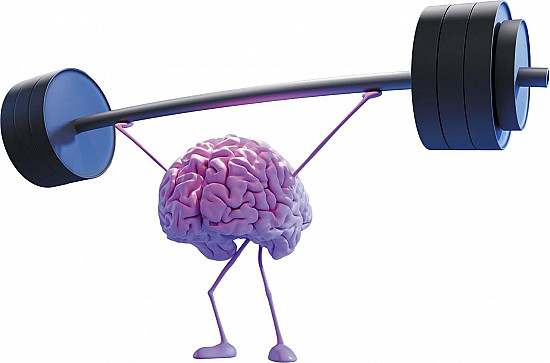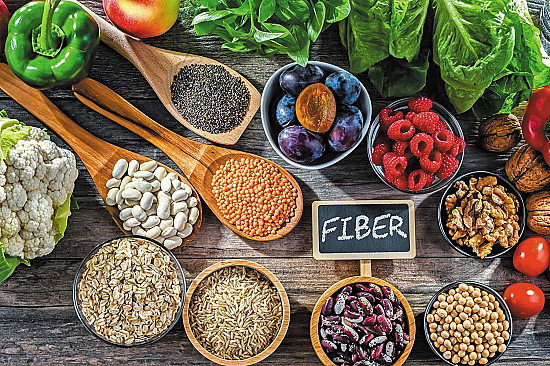New guidelines for the prevention of recurrent stroke
Updated recommendations can help people who have had a stroke or TIA lessen their chances of another "brain attack."
A first stroke often sneaks up unexpectedly. But for stroke survivors, the probability of a subsequent clot or brain bleed looms large. Nearly a quarter of the 795,000 annual strokes in the United States are recurrences. Likewise, about a third of people who experience a transient ischemic attack (TIA), often called a mini-stroke, can go on to have a major stroke within a year.
Promise of post-stroke prevention
In recognition of the lifesaving potential in lowering the chances of recurrent stroke, the American Heart Association and the American Stroke Association in May 2014 released an updated version of their stroke and TIA prevention guidelines. "The new version provides much clearer guidance for health care providers and addresses many situations that were previously left unspecified," says Dr. Lee Schwamm, a professor of neurology and co-director of the Institute for Heart, Vascular and Stroke Care at Harvard-affiliated Massachusetts General Hospital.
Inside the new guidelines
Fresh research and refined clinical understanding garnered in the three years since publication of the original document in 2011 spawned more than 50 new recommendations as well as scores of updates to existing standards. Among the highlights is a new approach to blood pressure management that targets a level below 140/90 mm Hg in previously untreated patients, which should begin after the first few days following a stroke. There's a greater focus on intensifying cholesterol control while moving away from specific low density lipoprotein (LDL) goals. The guidelines also advocate better screening for obesity and diabetes, including a new section on prediabetes.
|
|
As before, the guidelines underscore the importance of lifestyle choices in stroke prevention. The expanded nutritional recommendations emphasize a Mediterranean-style diet rich in fruits, vegetables, whole grains, lean fish and poultry, olive oil, and nuts, with less reliance on vitamin supplements. Dr. Schwamm puts it this way: "Eat things your grandma would recognize as food, either because they came from a farm or took some time to prepare." Regular physical activity and weight management are also singled out as key prevention factors.
Noteworthy on the medication front are refinements in the use of drugs to prevent clot formation. "A whole new group of blood thinners was shown in several trials to be safer than warfarin at preventing strokes, with similar or lower rates of bleeding complications," says Dr. Schwamm. Also emerging as an effective way to prevent a second stroke is the combination of aspirin and clopidogrel (Plavix) for periods of up to three months, a therapy that has long been used after placement of coronary stents to prevent heart attacks.
Emerging areas of research
The experts also added a new recommendation that a sleep study be considered in select people who have had a stroke in order to diagnose obstructive sleep apnea. This condition, characterized by repeated pauses in breathing during sleep, is common among stroke survivors and linked to daytime sleepiness, mood and thinking problems, poorer daily functioning, and a higher risk of death.
Surgical procedures such as carotid artery bypass or angioplasty and stenting for narrowed brain arteries are not recommended for most people without symptoms. In contrast to these intervetions, says Dr. Schwamm, "aggressive drug therapy is better than we ever thought and still improving."
|
For stroke survivors and people who have experienced a TIA, Dr. Schwamm strongly encourages |
Disclaimer:
As a service to our readers, Harvard Health Publishing provides access to our library of archived content. Please note the date of last review or update on all articles.
No content on this site, regardless of date, should ever be used as a substitute for direct medical advice from your doctor or other qualified clinician.












 Take home message for stroke survivors
Take home message for stroke survivors



